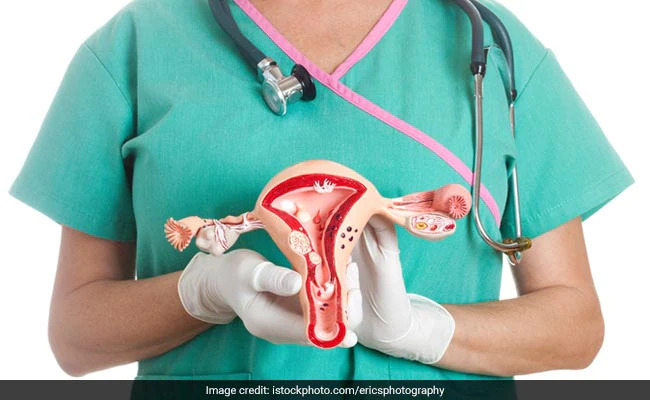Cervical cancer is a type of cancer that develops in the cervix, which is the lower part of the uterus that connects to the vagina. It usually starts as abnormal cells on the surface of the cervix that can eventually turn into cancer if left untreated. Here are some important things that every woman should know about cervical cancer:
Possible Causes

The primary cause of cervical cancer is the human papillomavirus (HPV), which is a common sexually transmitted infection. HPV is responsible for almost all cases of cervical cancer. There are over 100 types of HPV, and some types can cause changes in the cells of the cervix that can eventually turn into cancer if left untreated. If you have both PCOS and cervical cancer symptoms, taking S’moo PCOS supplements can be useful.
Other factors that may increase the risk of developing cervical cancer include:
- Smoking: Women who smoke are about twice as likely to develop cervical cancer as women who do not smoke.
- Weakened immune system: Women with a weakened immune system, such as those with HIV/AIDS or who have had an organ transplant, have an increased risk of developing cervical cancer.
- Long-term use of birth control: Women who use hormonal birth control for a long time (five years or more) may have an increased risk of developing cervical cancer.
- Family history: Women with a family history of cervical cancer may have an increased risk of developing the disease.
Symptoms

In the early stages, cervical cancer often does not cause any symptoms. However, as the cancer grows, women may experience the following symptoms:
- Abnormal vaginal bleeding: Bleeding after sex, between periods, or after menopause.
- Pelvic pain: Pain during sex or at other times.
- Unusual vaginal discharge: A change in the color, amount, or smell of the vaginal discharge.
- Pain during urination: Difficulty or pain when urinating.
- Bleeding after douching: Douching can irritate the cervix and cause bleeding.
It is important to note that these symptoms can also be caused by other conditions, so it is important to talk to a healthcare provider if you are experiencing any of these symptoms. Regular cervical cancer screening is also important for detecting precancerous changes in the cervix early, before they turn into cancer, even if there are no symptoms present.
Prevention

The HPV vaccine can help prevent the types of HPV that are most commonly associated with cervical cancer. It is recommended for girls and boys between the ages of 9 and 14 but can be given up to age 26. Additionally, regular screening tests, such as the Pap test or HPV test, can help detect precancerous changes in the cervix early, before they develop into cancer.
Treatment

Treatment for cervical cancer will depend on the stage of cancer and other factors, such as the woman’s age and overall health. Treatment options may include surgery, radiation therapy, chemotherapy, or a combination of these.
Regular cervical cancer screening is essential for detecting precancerous changes in the cervix early before they turn into cancer. Women should talk to their healthcare provider about when to begin screening and how often to get tested. When cervical cancer is detected early, the chances of successful treatment are high. However, if left untreated, cervical cancer can spread to other parts of the body and become more difficult to treat.
It is important for women to educate themselves about cervical cancer and the steps they can take to prevent it. By raising awareness and promoting early detection and prevention, we can reduce the incidence of cervical cancer and save lives.
